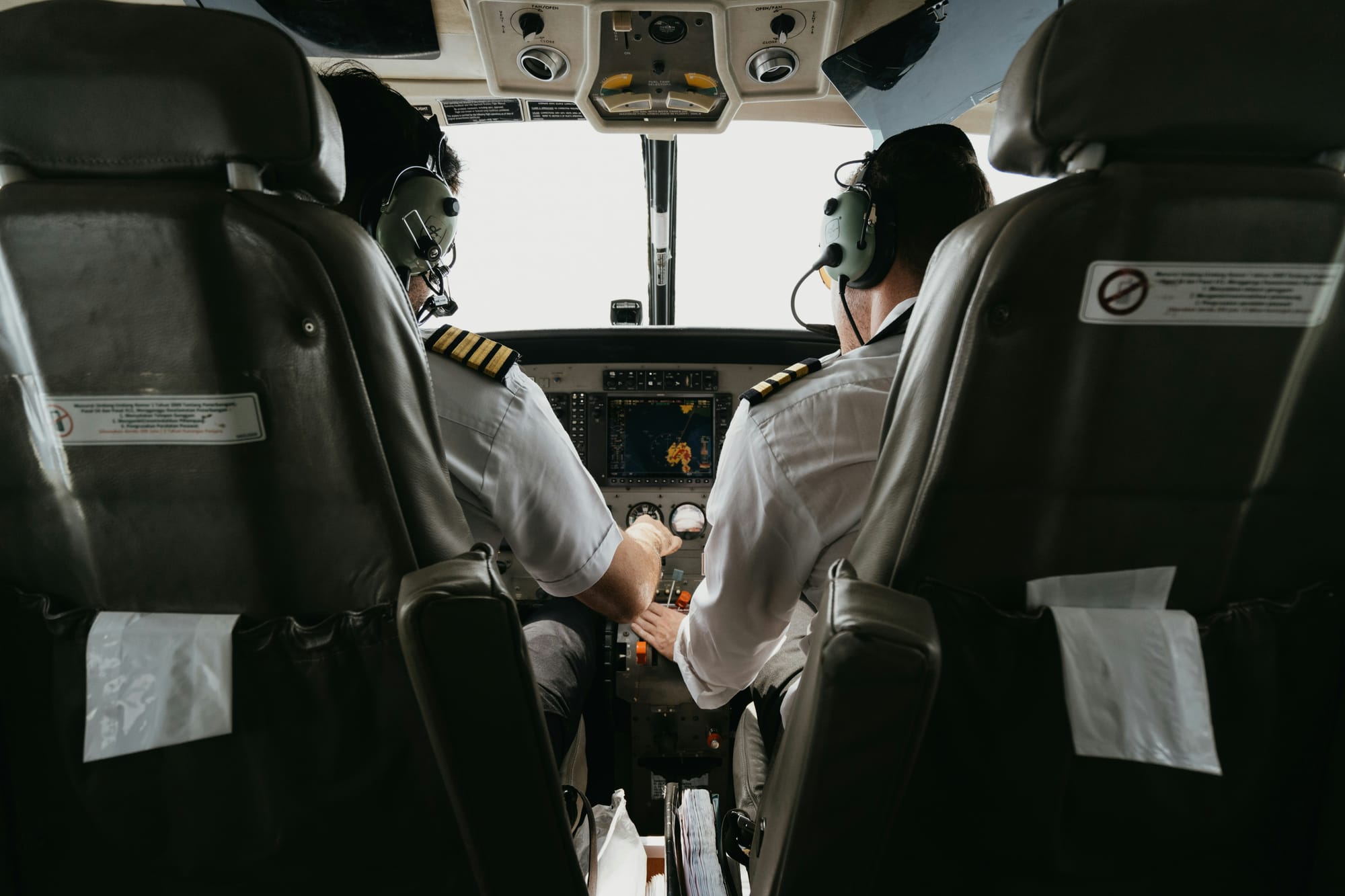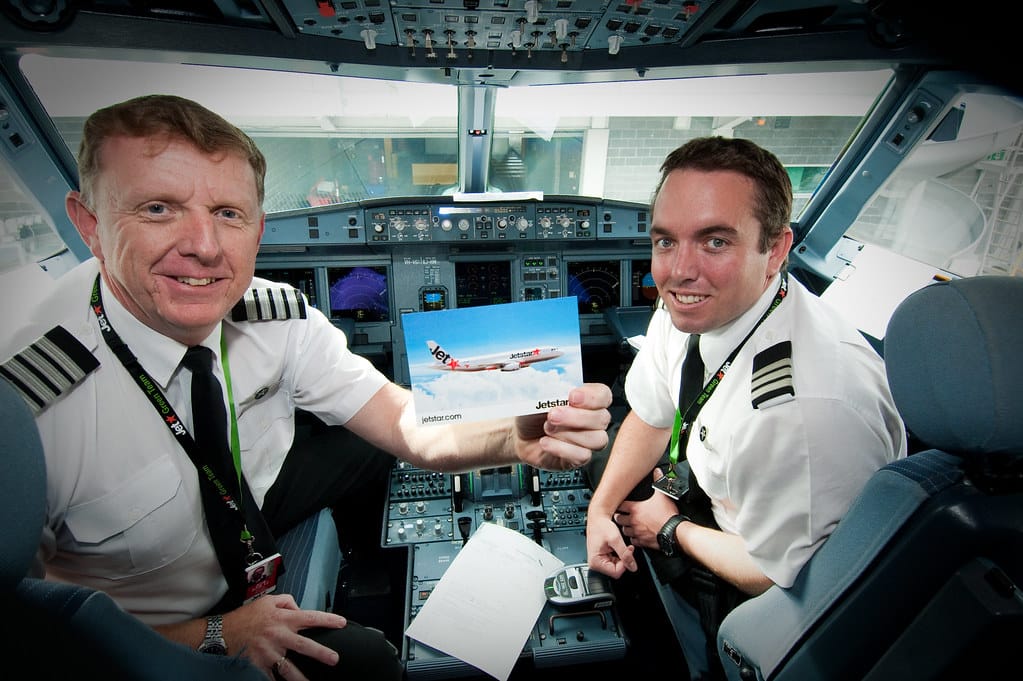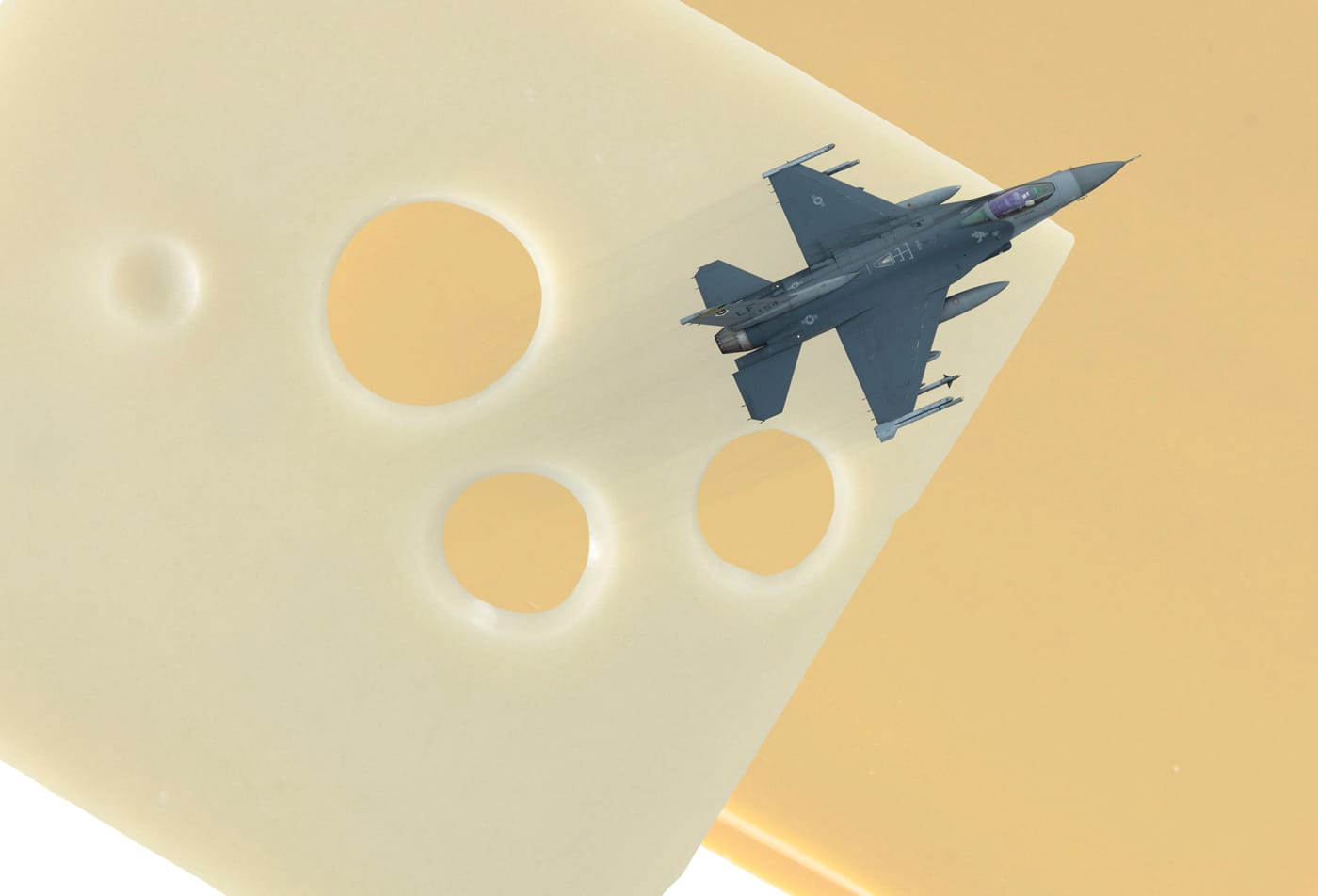Why Are Some People Afraid to Fly?
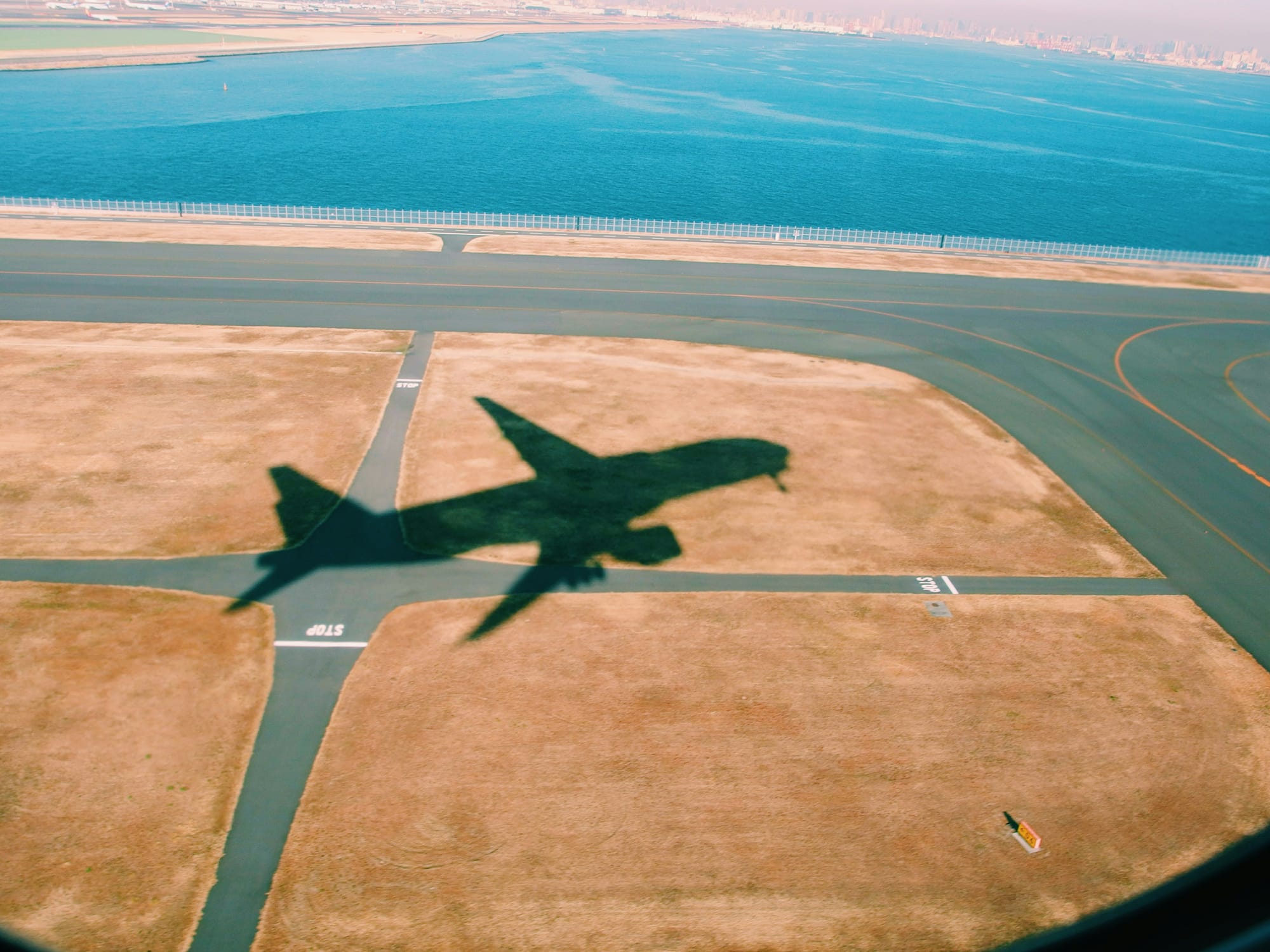
Air travel is one of the safest modes of transportation, but for many people, the thought of flying is anxiety-inducing or even terrifying. This fear, known as aviophobia, affects millions of people worldwide. But what causes this fear, and how can those who experience it find relief?
Causes of Fear of Flying
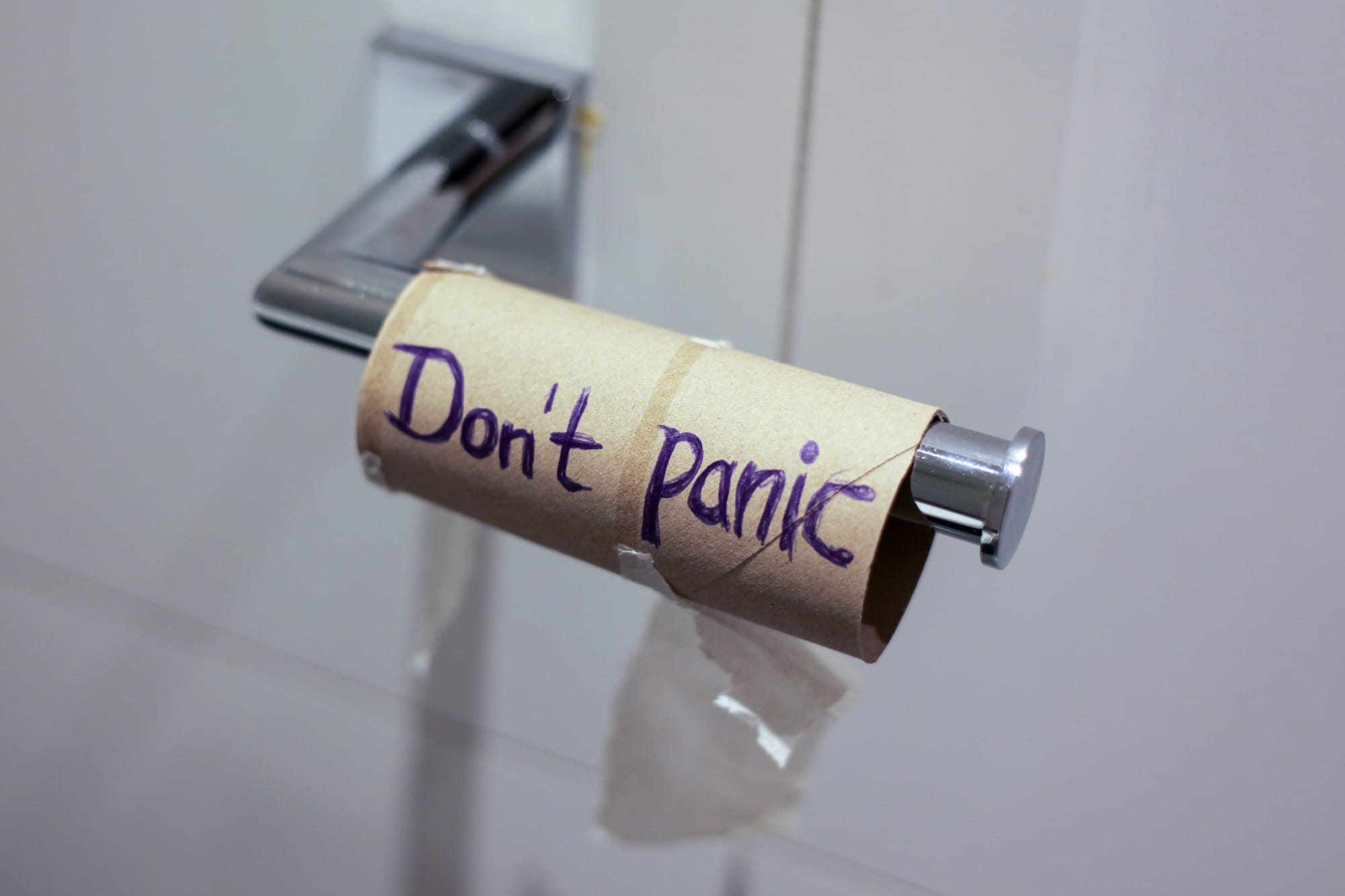
Aviophobia can be caused by a variety of factors. For some, it's a fear of the unknown or lack of control, while others may have had negative experiences with air travel. Let's explore some probable root causes:
Fear of Heights (Acrophobia): A natural fear of heights can make the idea of being at cruising altitude overwhelming. The vast distance between the plane and the ground triggers anxiety, making the person feel unsafe or at risk.
Lack of Control: When you're a passenger on a plane, you're not in control. The pilots and crew are responsible for everything. This loss of control is difficult for some people to accept, leading to feelings of vulnerability and panic.
Fear of Turbulence: Turbulence, or the sudden bumps and shakes felt during a flight, can make even seasoned travelers uneasy. For those afraid of flying, these sensations can trigger intense fear, as turbulence might be mistakenly perceived as a sign of danger or an impending crash, even though it's a routine part of flying.
Media Influence: Many people develop their fear of flying from what they've seen in movies, TV shows, or news reports. Scenes of dramatic plane crashes or emergency landings in the media can make air travel seem far riskier than it really is.
Claustrophobia: Some people feel trapped in the confined space of an airplane cabin, especially on long-haul flights. The inability to move around freely or leave the plane whenever they want can trigger feelings of claustrophobia and panic.
General Anxiety: People who suffer from general anxiety disorders may be more prone to developing aviophobia. The unfamiliar environment, combined with existing anxieties, can magnify their fears when flying.
How to Overcome the Fear of Flying
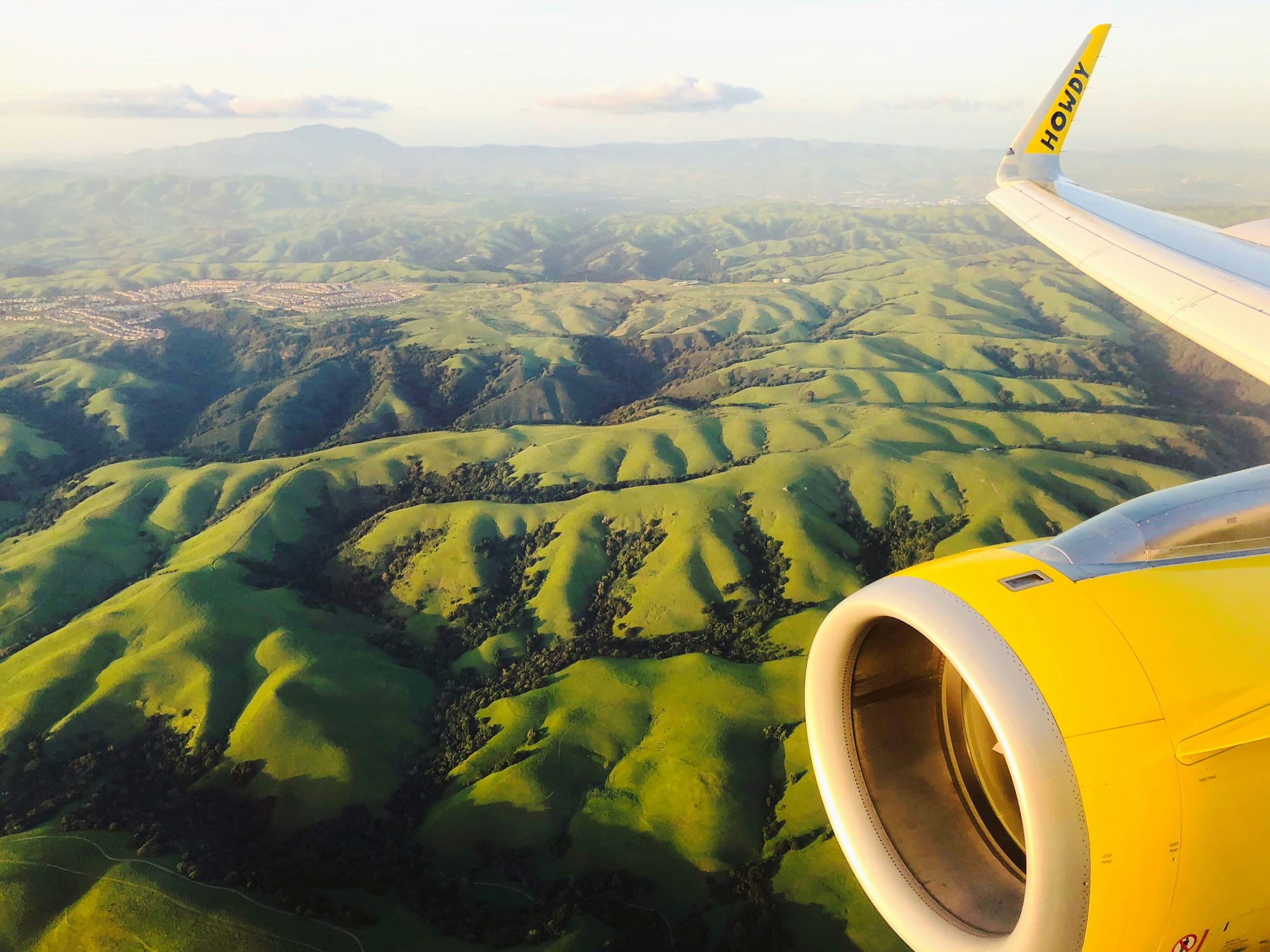
While the fear of flying is real, it doesn’t have to be permanent. Many strategies and techniques can help alleviate this anxiety. However, here are some tips:
Educate Yourself: One of the best ways to combat fear is through knowledge. Learning about how airplanes work, the safety measures in place, and the real causes of turbulence can help demystify the process of flying. Most people find reassurance in the fact that air travel is statistically much safer than driving a car.
Take a Fear of Flying Course: Many airlines and private companies offer courses specifically designed to help people overcome aviophobia. These programs typically include informational sessions with pilots, practice flights, and psychological counseling. The combination of education and gradual exposure to flying helps participants manage their fears.
Practice Relaxation Techniques: Techniques such as deep breathing, meditation, and progressive muscle relaxation can be helpful in reducing anxiety, both before and during a flight. Practicing these techniques regularly can make it easier to calm your nerves when fear starts to build.
Gradual Exposure: For those with a more severe fear of flying, gradual exposure to the experience can help. This might involve starting with short, less stressful flights, and progressively working up to longer or more difficult journeys. Pairing these experiences with positive reinforcement can help reduce anxiety over time.
Consider Medication: In some cases, medication may be helpful in managing aviophobia. Anti-anxiety medications or mild sedatives can be prescribed for those who have severe panic attacks during flights. However, this should only be used as a short-term solution, and it's important to consult with a healthcare provider before taking any medication.
Stay Focused and Distracted: During the flight, staying focused on a book, movie, or game can help distract from feelings of fear. Avoid obsessively checking out the window or monitoring flight statistics, as this can amplify anxiety. Instead, keep your mind occupied with something you enjoy.
Final Thoughts
The fear of flying, while common, doesn’t have to control your life. By understanding the causes behind the fear and employing strategies to manage it, most people can significantly reduce their anxiety and even learn to enjoy air travel. Whether through self-education, therapy, or gradual exposure, overcoming aviophobia is achievable with time and patience. With persistence, you can shift from dreading your next flight to anticipating the adventure that awaits you when you land.


